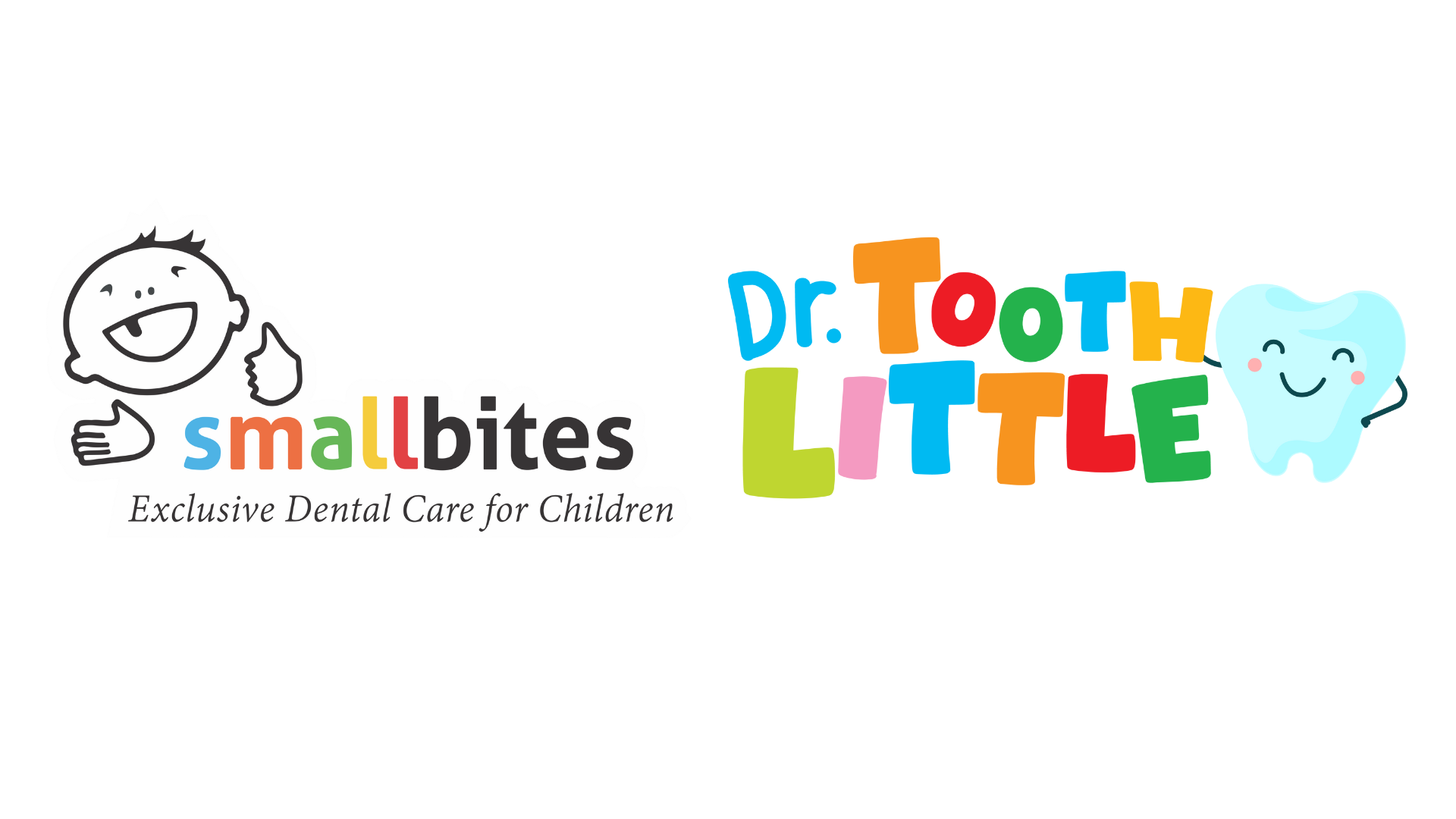Most people probably grind and clench their teeth from time to time. Occasional teeth grinding, medically called bruxism, does not usually cause harm, but when teeth grinding occurs on a regular basis the teeth can be damaged and other oral health complications can arise.
The problem of Bruxism, i.e teeth grinding is not limited to adults. Approximately 15% to 33% of children grind their teeth. Children who grind their teeth tend to do so at two peak times — when their baby teeth emerge and when their permanent teeth come in. Most children lose the teeth grinding habit after these two sets of teeth have come in more fully.
Most commonly, children grind their teeth during sleep rather than during waking hours. No one knows exactly why children grind their teeth but considerations include improperly aligned teeth or irregular contact between upper and lower teeth, illnesses and other medical conditions (such as nutritional deficiencies, pinworm, allergies, endocrine disorders), and psychological factors including anxiety and stress. Grinding of the baby teeth rarely results in problems. However, teeth grinding can cause jaw pain, headaches, wear on the teeth.
Why Do People Grind Their Teeth?
Although teeth grinding can be caused by stress and anxiety, it often occurs during sleep and is more likely caused by an abnormal bite or missing or crooked teeth. It can also be caused by a sleep disorder such as sleep apnea.
How Do I Find Out if I Grind My Teeth?
Because grinding often occurs during sleep, most people are unaware that they grind their teeth. However, a dull, constant headache or sore jaw when you wake up is a telltale symptom of bruxism. Many times people learn that they grind their teeth by their loved one who hears the grinding at night.
If you suspect you may be grinding your teeth, talk to your dentist. He or she can examine your mouth and jaw for signs of bruxism, such as jaw tenderness and excessive wear on your teeth.
Why Is Teeth Grinding Harmful?
In some cases, chronic teeth grinding can result in a fracturing, loosening, or loss of teeth. The chronic grinding may wear teeth down to stumps. When these events happen, bridges, crowns, root canals, implants, partial dentures, and even complete dentures may be needed.
Consult us if your child’s teeth look worn, or if your child complains of tooth sensitivity or pain. You can reach out to us at 080 2520 0226
Excerpts from Webmd.com

